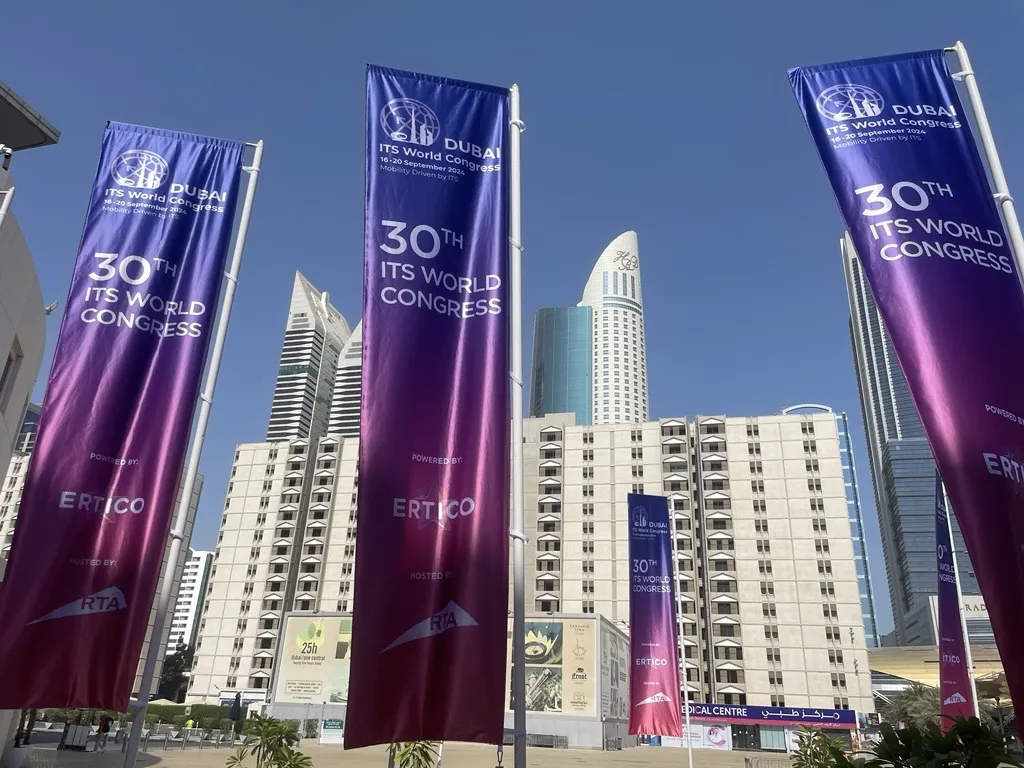Did you miss any sessions at this week’s ITS World Congress? Now, for the first time in ITS history, delegates and attendees can gain on-demand, online access to recorded sessions from this week’s ITSWC 2016.
October 12, 2016
Read time: 1 min

Did you miss any sessions at this week’s ITS World Congress? Now, for the first time in ITS history, delegates and attendees can gain on-demand, online access to recorded sessions from this week’s ITSWC 2016. The online content portal provides quick and user-friendly, 24/7 access to over 200 audio recordings of all plenary and concurrent ITS sessions, synced with PowerPoint slides. They will be available for six months after the event. Access is complimentary to all fulltime congress delegates, and available for a fee to all other attendees. Register at the selfservice terminals in the main foyer of the convention centre until registration closes on Friday, 14 October.










